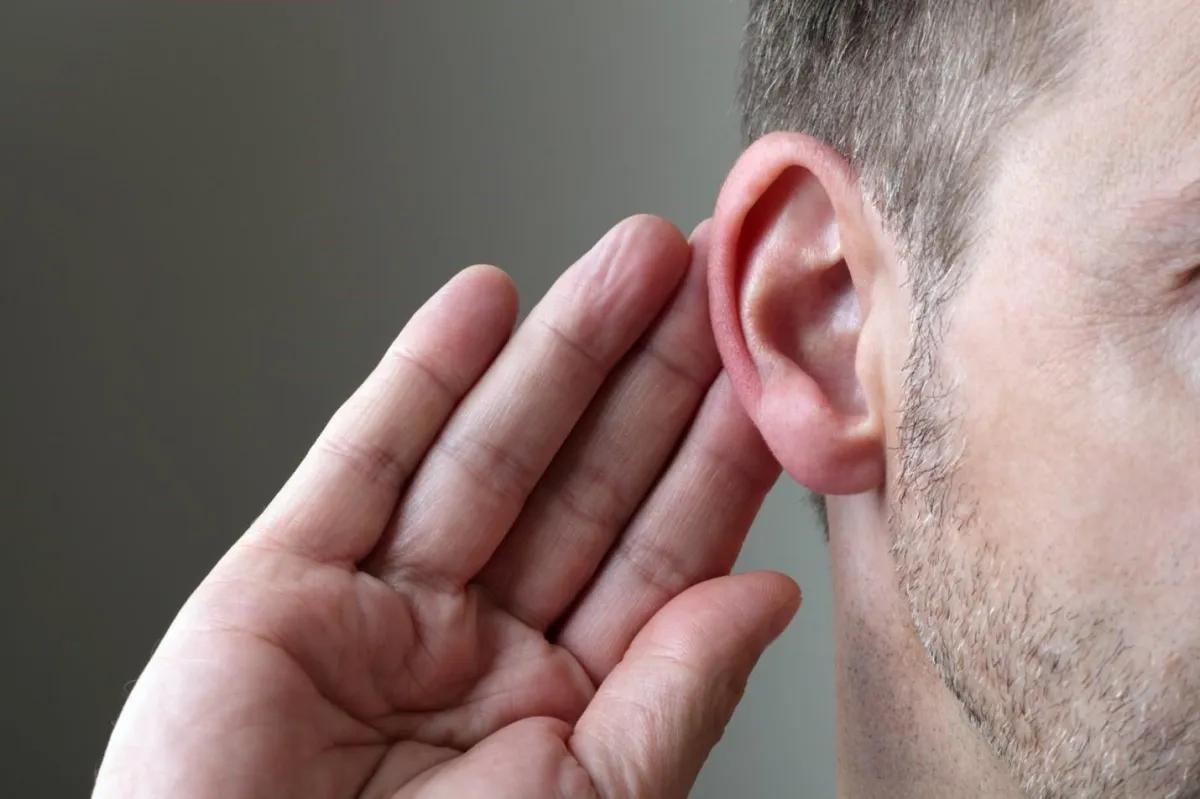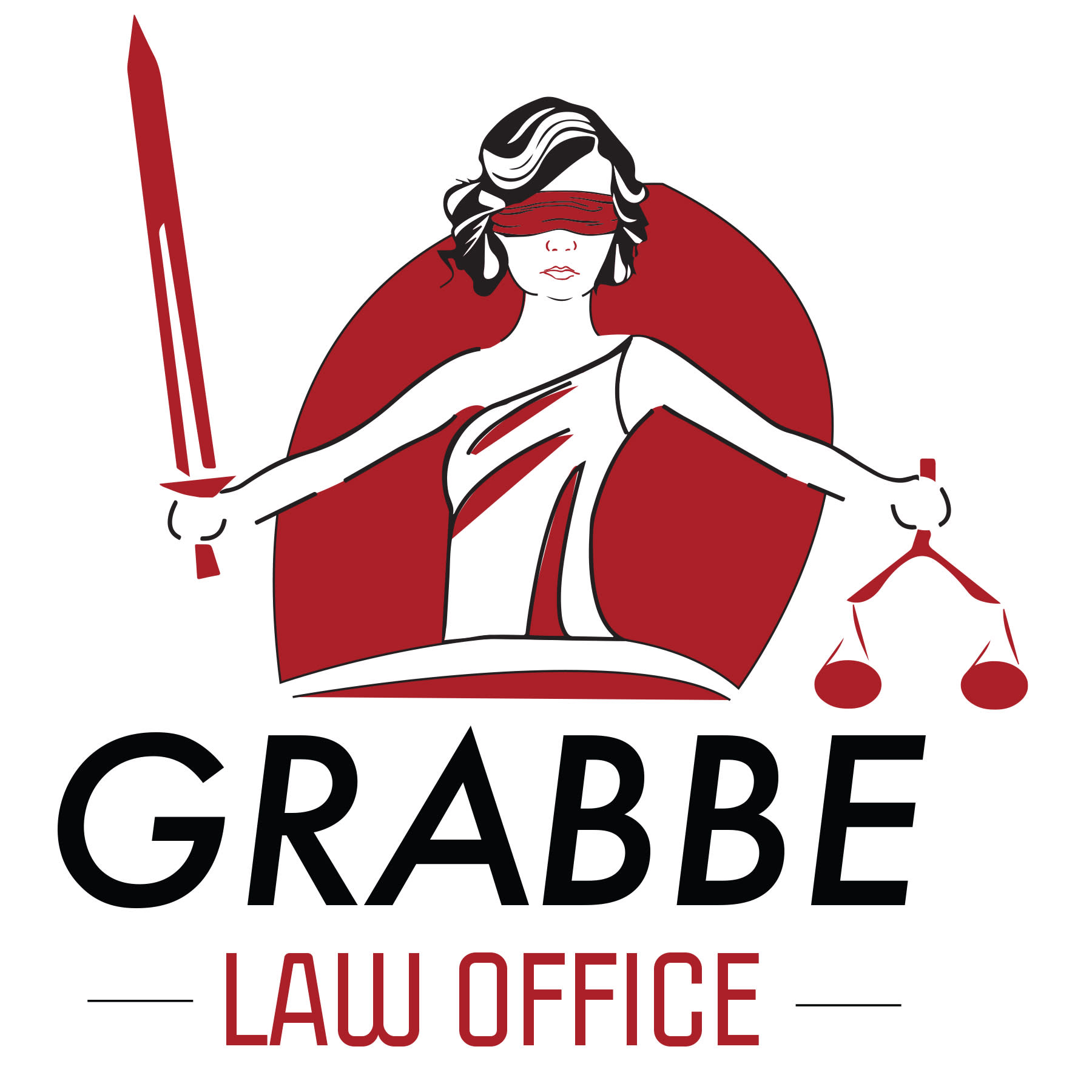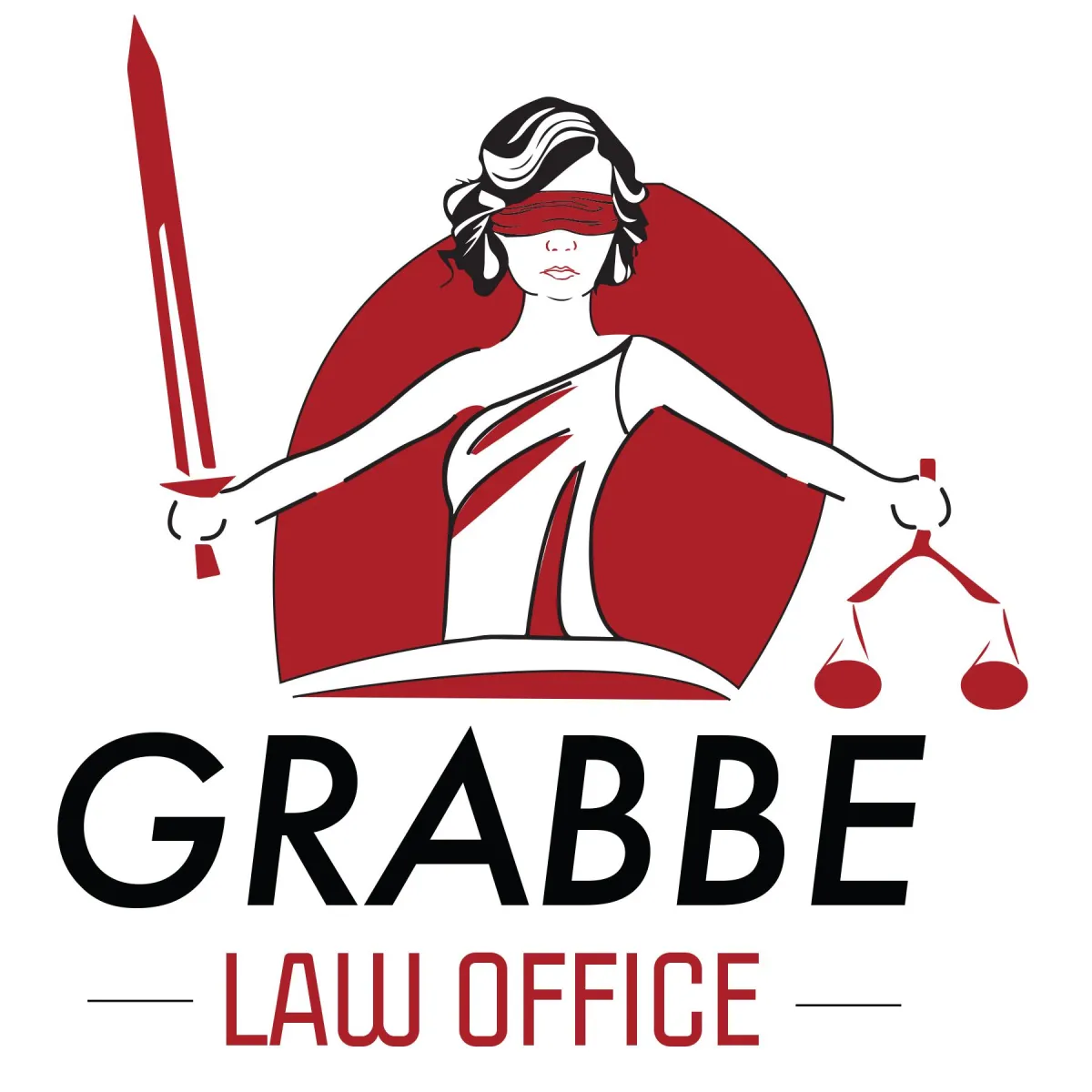Welcome to the Blog!

The Benefits Of Sound Trademarks
Many people might be surprised to learn that there is an opportunity to trademark unique sounds like trademarking brand names and logos. Although sound trademarking is less common, business owners who find that certain sounds catapult their business recognition and success may want to trademark those sounds. An experienced trademarking lawyer may be able to help determine whether a sound trademark is the right option for your business. If you have questions about the potential benefits of sound trademarks, consider contacting an experienced trademark attorney from Grabbe Law Office by calling (785) 621-4711 or scheduling a 15 minute free consultation on our calendar.
What Are Sound Trademarks?
When companies want to trademark an item, whether it is their brand name, a texture, a scent, or another item, they must go through a legal process. The same requirements apply for a business to trademark a sound. Companies have used sound trademarks since the United States Patent and Trademark Office (USPTO) first recognized the NBC chimes. Some of the most notable sound trademarks include the McDonald’s theme song, the exclamation of “Ricola!”, or that well-known sound at the end of the Law and Order theme song. The USPTO requires sounds to be non-descriptive, non-functional, and not deceptively misdescriptive to be eligible for trademark registration. Functional sounds that are not eligible for trademarking include:
● Sounds that do not create an association with the product or service in the hearer’s mind.
● Commonplace sounds that occur in the normal course of operation or use of a service or product that have not acquired distinctveness
As long as a company’s or brand’s sound is unique and arbitrary, it may qualify for a sound mark. Business owners may be able to find out whether sound marks are a good option for their business from an intellectual property attorney at Grabbe Law Office.
Types of Sound Trademarks
Several types of sound trademarks can be used by a particular company. Some of the different kinds of sound branding to be aware of include:
· Audio-augmented tasks
· Environmental sound designs
· Sound logos
· Branding sound technology
Audio-Augmented Tasks
Artificial intelligence software that allows for voice activation is one of the most common types of sound trademarks. Apple’s Siri, for example, has a distinctive, recognizable sound that has been trademarked.
Environmental Sound Designs
Anyone who has ever walked through a grocery store or shopping facility might have noticed music playing while they shop. Many large retailers use custom soundscapes and music to help gain brand recognition. This can help to influence consumer behavior and enhance the customers’ shopping experience.
Sound Logos
Many companies establish brand recognition through sound logos. You might hear these during television or radio commercials. For example, the lawsuit loan company, JG Wentworth, had a distinctive melody that sang the phone number to call, which many remember to this day. Sound logos are a great way to develop emotional connections with consumers that can last a lifetime.
Branding Sound Technology
Sound technology can add to user experience and help consumers feel more in control. Some examples of sound technology that companies may trademark include on-hold messages and music, musical chimes, and sounds through electronic devices like ATMs, self-checkout machines, and kiosks.
Advantages of Sound Trademarks
When a business owner is not sure whether getting a sound mark is in the company’s best interests, it may be helpful to consider the following advantages:
● Sound trademarks have been shown to save companies a substantial amount of money
● Sound trademarks can improve a company’s overall business performance
● Trademarks remain active as long as the owner continues to renew and use them, as opposed to copyrights, which expire in general 70 years after the death of the person who created the copyright
● Sound trademarks help to establish stronger emotional connections with consumers
● Sound trademarks help establish brand identity and recognition
● Sound trademarks have been known to increase customer engagement with a company’s brand
These are just a few of the advantages of getting a trademark for your business’s unique sound. There are few, if any, disadvantages to trademarking your sound, and an intellectual property attorney can offer advice about the ones that may affect any particular business.
How To Obtain a Sound Trademark
The USPTO is responsible for handling sound trademarks. Under Section 1202.15 of the USPTO’s Trademark Manual of Examining Procedure, sound marks identify and distinguish services and products through audio as opposed to visual means. They are meant to associate a service or a good with a particular sound to definitively shape the consumer’s memory of a service, brand, or product.
The company’s sound must be distinctive. To be considered for trademark registration, the sound cannot be considered “commonplace” or be a sound that consumers might have been exposed to before or otherwise recognize. Some examples of generic sounds that cannot be trademarked include the sounds of:
● Alarm clocks
● Whistles
● Birds chirping
● Cows mooing
● Car doors closing
● Coffee brewing
What To Expect After Submitting the Sound Mark Application
If a business owner is interested in obtaining a sound mark, they must fill out an application through the USPTO website. Reviewers will then examine the company’s application to determine whether the sound is distinctive and meets other qualifying criteria. USPTO reviewers will need to receive a copy of the sound via an audio file before making their decision.
The company may also benefit from copyrighting the sound in addition to securing a trademark. This is a great way to ensure that sound will be protected across all intellectual property avenues. Companies can do this by registering the sound with the United States Copyright Office. If anyone attempts to use the sound, the company may then be able to take legal action through copyright and trademark infringement laws.
Contact a Sound Trademark Attorney for Help Today
Trademarking a sound could be the next best decision you make for your company. Learn more about how to get started with registering your sound trademark from a reputable Kansas trademarking lawyer who can help you determine whether a sound trademark is the right option for your business. Consider contacting an experienced intellectual property attorney from Grabbe Law Office for a confidential case evaluation by calling (785) 621-4711 today or scheduling a 15 minute free consultation on our calendar.








